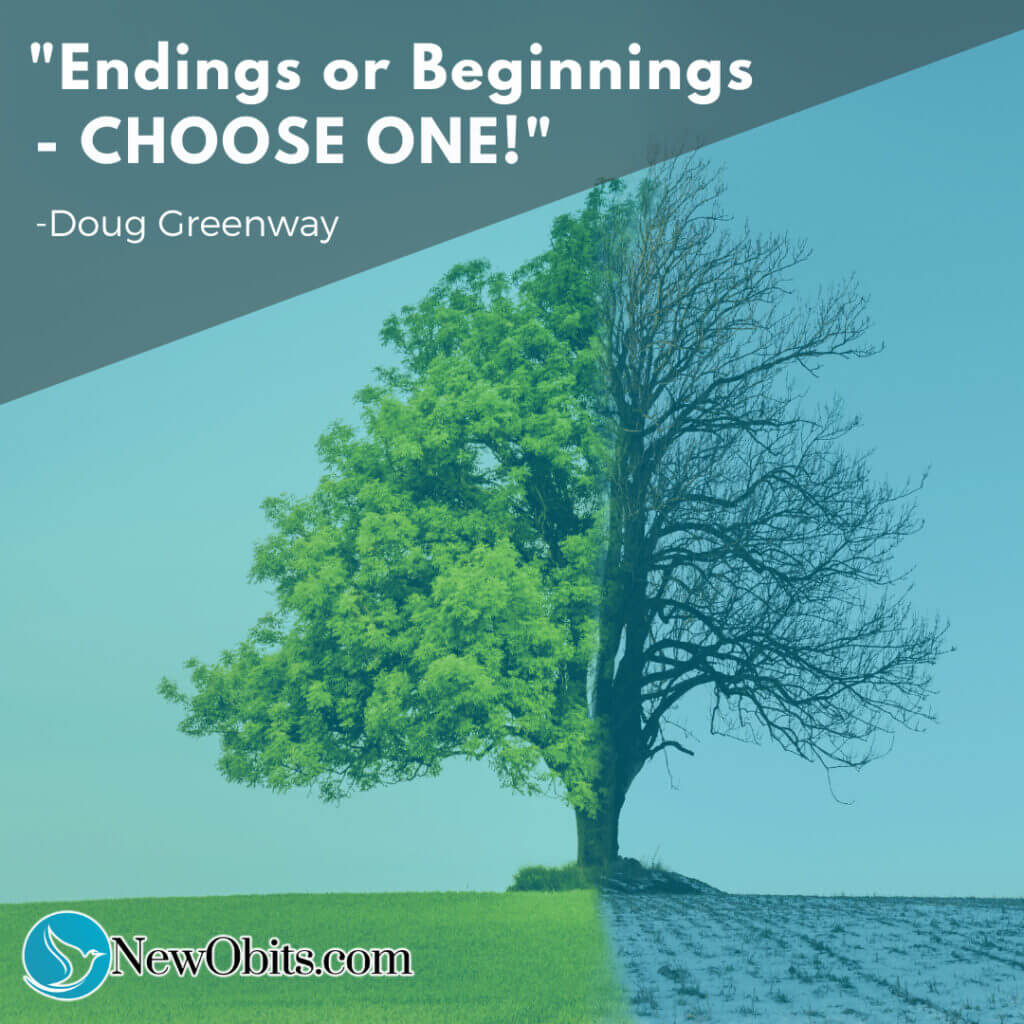
Why does it hurt so badly? When will I feel better? How am I going to make it without them? These are the sort of questions I am asked when a loss occurs and someone dies, a divorce occurs, or a job is lost.
Our body, soul, and mind fights change. In physiology, we call it homeostasis. Homeostasis is any of the self-regulating processes by which biological systems tend to maintain stability while adjusting to conditions that are optimal for survival. If homeostasis is successful, life continues; if unsuccessful, disaster or death ensues. The stability attained is actually a dynamic equilibrium, in which continuous change occurs yet relatively uniform conditions prevail. (Encyclopedia Britannica)
Moving forward, while resisting change, is one of the most difficult things a human being is called upon to do — and will occur at multiple times in a lifetime. This moving forward can feel overwhelming, heartbreaking, and frightening. As much as we fear it, change is a constant in all of our lives.
Did you ever take a course in school called Change 101? No. Did your parents ever sit you down for The Grief Talk? Probably not.
All transitions and beginnings begin with endings. However, in the experience of many, new beginnings are not something to get excited about. We tend to focus on new beginnings, though for every one of those, there is an old ending.
If I could look at your transitions and you could look at my transitions, we might each think the other is incredibly strong. But the truth is, transitions and changes are coming — ready or not!
The word resilient is a wonderful concept. It means being able to recover quickly from setbacks — whatever “quickly” looks like to you. To be resilient means to be able to spring back into shape after being bent, stretched, or squashed. So, are you resilient?
We need to LEARN to be grief resilient! It is a group of learned traits. To begin learning how to survive in a new normal, we have to come to accept that unwelcome changes will come. Remember that all beginnings require endings. We must have the courage to take the first few faltering steps alone or with a select chosen few from our support system.
Grieving is not meant to help us get OVER what happened; grieving allows us to get THROUGH the adjustment to what happened. There is no one-size-fits-all cure for grief. “The experience of grief is as individual as we are with overlapping and recurring waves. I believe our job is to ride the waves and learn to rest in the calm between them.” (So says Ruth Field in her book The 4 Facets Of Grief. The 4 facets of grief are ACCEPTING, ADAPTING, MEANING-MAKING, and REPLENISHING. We hope to look at each of these in upcoming blogs and you can read THE 4 FACETS OF GRIEF for free on Kindle Unlimited.)
Change says, “Ready or Not — Here I Come!”
Be ready.

Doug Greenway
These blog articles are written by the retired minister and former educator and counselor, Doug Greenway. He'd love to hear from you with your comments, questions, or suggestions for future topics. You may reach Doug at doug_greenway@yahoo.com.

I wish I could move on but I’m just at a stopping point. Prayers please.